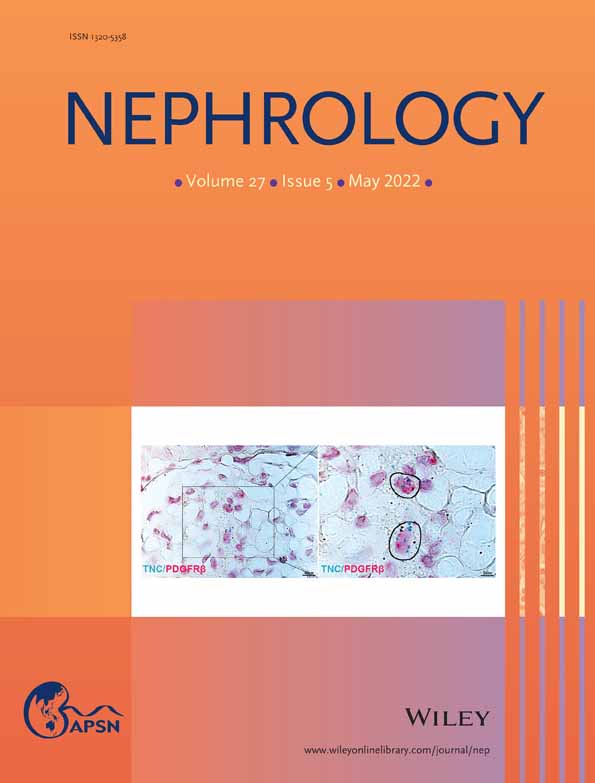The impact of diabetes on young transplant recipients: An American perspective
Abstract
Despite advancements in diabetic care, diabetic kidney transplant recipients have significantly worse outcomes than non-diabetics.
Aim
Our study aims to demonstrate the impact of diabetes, types I and II, on American young adults (18–40 years old) requiring kidney transplantation.
Methods
Using the United Network for Organ Sharing database, we conducted a population cohort study that included all first-time, kidney-only transplant recipients during 2002–2019, ages 18–40 years old. Patients were grouped according to indication for transplant. Primary outcomes were cumulative all-cause mortality and death-censored graft failure. Death-censored graft failure and patient survival at 1, 5, and 10 years were calculated via the Kaplan–Meier method. Multivariate Cox regression was used to assess for potential confounders.
Results
Of 42 466 transplant recipients, 3418 (8.1%) had end-stage kidney disease associated with diabetes. At each time-point, cumulative mortality was higher in diabetics compared to patients with non-diabetic causes of renal failure. Conversely, cumulative graft failure was similar between the groups. Adjusted hazard ratios for all-cause mortality and graft failure in diabetics were 2.99 (95% CI 2.67–3.35; p < .01) and 0.98 (95% CI 0.92–1.05, p < .01), respectively.
Conclusion
Diabetes mellitus in young adult kidney transplant recipients is associated with a nearly three-fold increase in mortality, reflecting a relatively vulnerable patient population. Identifying the underlying causes of poor outcomes in this population should be a priority for future study.
CONFLICT OF INTEREST
The authors declare no potential conflict of interest.




